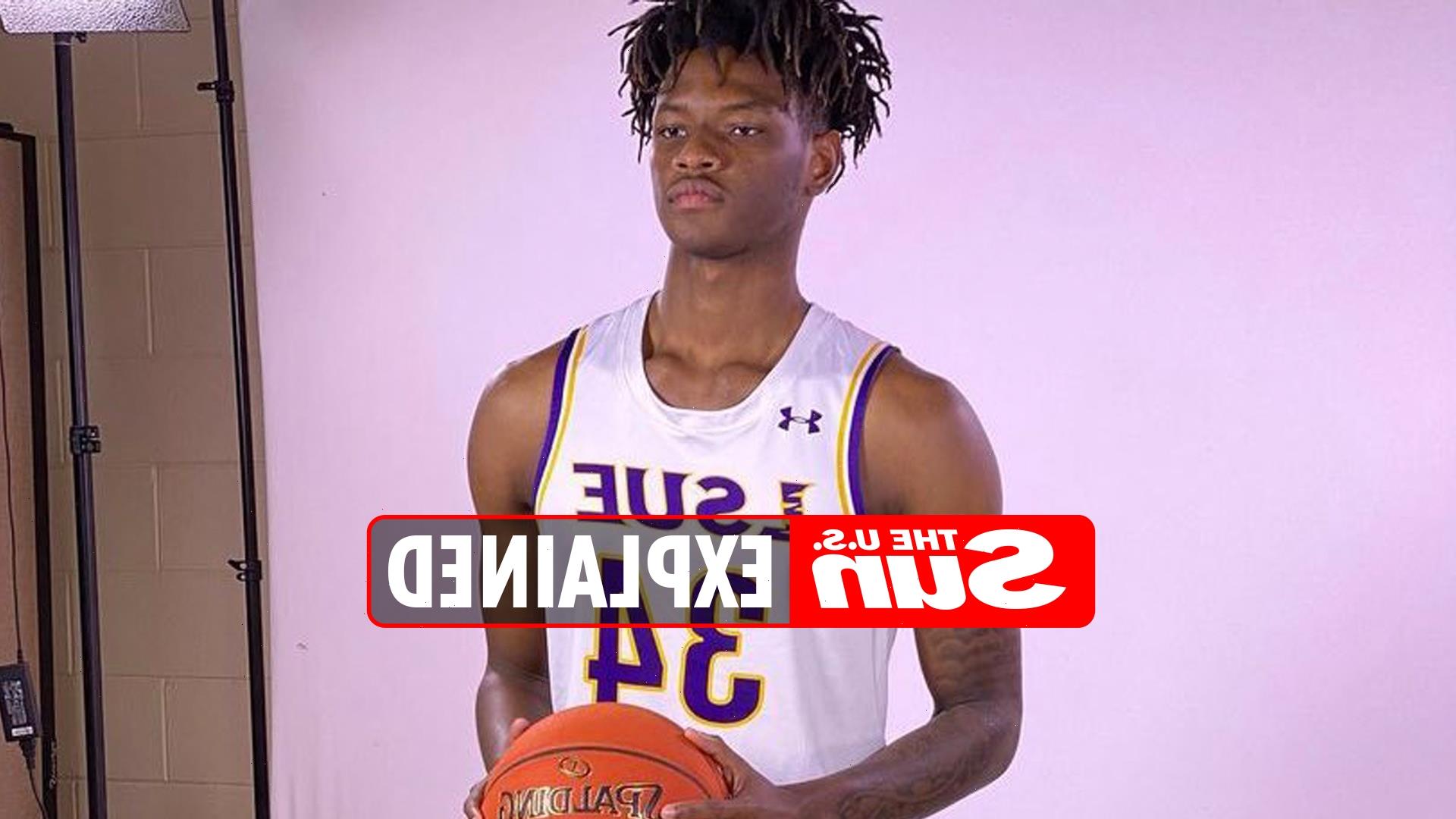Three years after its last appearance on the French Riviera, the Cannes Lions — the advertising and creative marketing industry’s top international awards — are back June 20-24 for their first post-pandemic physical gathering.
As execs and creatives assemble for what is formally known as the Cannes International Festival of Creativity, they’ll confront new priorities facing their business. In the spotlight this year: sustainability, diversity, equity and inclusion, data and technology, business transformation and creative effectiveness.
Another new reality: tighter budgets. Many ad agencies are reportedly scaling back on parties, yachts and formal presentations.
As digital advertising spend continues to outstrip all other forms of ad spend (it’s due to account for more than 60% of global spend in 2022) the ad business finds itself challenged by a new reality. A Cannes Lions report, “State of Creativity: A High-Speed Evolution,” identifies the biggest issues.
Based on a global survey of 3,300 industry experts and creatives — along with 50 in-depth interviews — the report recommends that the industry take the following steps:
First, get comfortable in a state of flux, since change is now constant. Experimentation within the “beta-mode” is now an essential part of the job.
Second, pay more attention to people. The post-pandemic “great resignation” makes better employee experience a priority, with focus on such areas as more freedom and better work-life balance.
Then, double down on strategy and impact. In a competitive business environment it’s essential to find better ways for creatives to “frame the value of their work offers in business,” per the report.
Other areas include seeking “a greater understanding of creative effectiveness to businesses,” and the need to “explore and experiment with the metaverse, and bridge it to the physical world.”
Also highlighted: Improving sustainability as part of the industry’s business model, along with building creative confidence through “more openness and honesty.”
The survey found that only 8% of agencies are fully confident of persuading clients to invest in high-quality creativity, and “only 12% of brands feel extremely confident in convincing the CFO to invest in high-quality creative.”
Significantly, this year the Cannes Lions will honor Netflix CEO Ted Sarandos as the event’s Entertainment Person of the Year — an announcement that came shortly after the streamer said it had plans to add ad-supported tiers to its service, adding another major player to the advertising universe.
Apart from the annual awards for creativity, advertising and marketing — scheduled for two-hour slots each evening during the festival’s five days — there will be special events, including an opportunity to hear Nobel Peace Prize laureate Malala Yousafzai, the winner of this year’s Cannes LionHeart, lead a seminar on how to make a difference in the world.
Other sessions will focus on this year’s key themes and there will be presentations from major brands, including Pepsi, McDonald’s, the New York Times, Porsche and Disney Advertising.
The role of NFTs, the metaverse, immersive storytelling and new trends in technology will be covered, with a special section dubbed Future Gazers dedicated to staying on top of trends in technology.
Industry leaders and entertainment industry figures due to speak at Cannes Lions include Tiffany Rolfe, global chief creative officer at marketing company R/GA; Nadja Bellan-White, global chief marketing officer, Vice Media; actor Patrick Stewart; and Ryan Roslansky, CEO, LinkedIn.
“This year’s agenda is focused around the key themes that the industry has told us are the most pressing,” says Lions CEO Simon Cook. “CEOs, CMOs, activists and world leaders will convene to collectively address them, take action, find solutions and drive progress through creativity.”
Jonathan Barnard, head of forecasting and director of global intelligence at digital marketing shop Zenith: The ROI Agency, says, “This year advertising on social-media spending will overtake linear television for the first time … but TV remains an essential tool for brand-building and is holding up well despite the continued loss of viewers. We expect it to grow by 1% a year on average to 2024.
“The rise of connected TV, AVOD, streaming and other formats will make online video the fastest-growing channel of all, with 15% annual growth,” he adds. “These formats offer brands the opportunity to engage with consumers in new and creative ways.”
Source: Read Full Article


